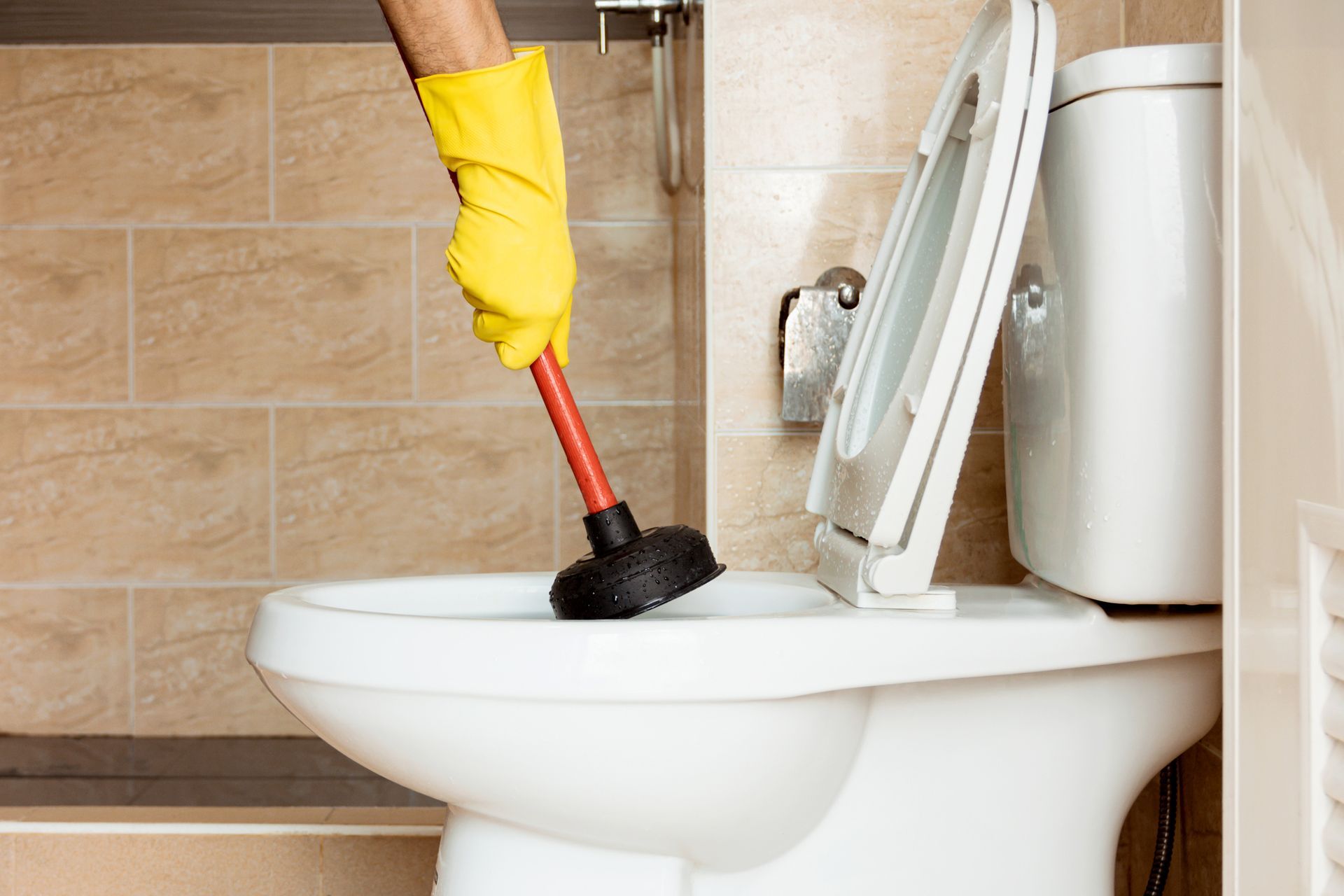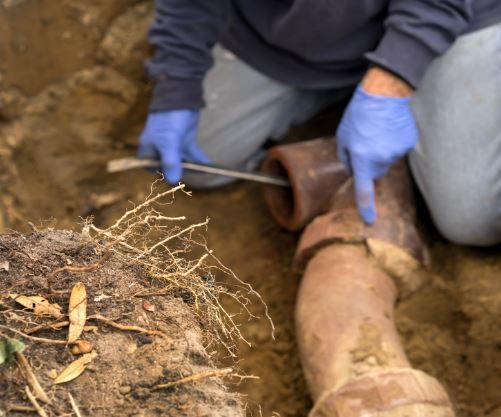Many homeowners don't put much thought into a water heater until it fails unexpectedly. If your heating unit is on its last leg, consider tankless models and enjoy their many benefits. Explore some of these advantages below.
Energy EfficiencyStorage heaters consume a lot of energy to maintain a steady hot water supply. The stored water loses heat gradually, and the appliance fires on and off to ensure the water stays warm. These standby energy losses make traditional heaters inefficient, especially if you aren't home and the heater continues to heat water.
In contrast, a tankless water heater only uses energy when someone demands hot water. Once you turn on the unit, cold water passes through the heater's electric element or gas burner to deliver warm water for as long as the need for hot water lasts.
Tankless units
are 24% to 34% more energy efficient compared to conventional heaters in residences that only demand up to 41 gallons of warm water every day. If your home uses more hot water, a tankless heater can be 8% to 14% more energy efficient. These energy savings gradually add up.
Save SpaceThe space-saving features of tankless water heaters attract many homeowners. Large water heaters often reside in their own closets in the basement or laundry room, where they occupy a lot of space. If you want to remodel these rooms, you have to plan your designs around the appliance. What's more, you have to look around gas and supply lines if your large water heater has issues.
The compact nature of a tankless water heater means more space in your bathroom, basement, or laundry room. A certified plumber can place the heater on the wall to free more ground space. You can ask the plumbing professional to install the appliance near access points in the kitchen or bathroom for more efficient heating.
Constant Hot Water SupplyStorage water heaters store a specific amount of hot water and take time to fill up again after multiple showers. In contrast, tankless water heaters give every household member the chance to enjoy a steamy shower.
However, the heaters often lack the capacity to run multiple water taps simultaneously. If you run the shower, washing machine, and dishwasher at once, the water temperature may fluctuate. You can mitigate this issue by running only as much water as the unit can generate or installing more than one heater.
DurabilityAccording to energy.gov, storage water heaters commonly last for 10 to 15 years, while tankless water heaters serve homeowners twice as long. Manufacturers also offer longer warranties for tankless units and replacement parts that extend their expectancies.
Another issue with storage heaters is the corrosion and mineral buildup from stored water. Although plumbers advise homeowners to clean and drain the tank's sediment over time, many people forget to do it. A tankless water heater is ideal if you want a low-maintenance heating unit. However, hard water causes mineral problems in tankless heaters, meaning proper maintenance is still important.
SafetyA tankless water heater is also safer than standard units. A lot of pressure builds up as a storage heater heats water as fast as possible so you don't wait too long. If the heater's pressure valve fails to open, the heater can explode, although this occurrence is rare.
A tankless heater can't explode because they don't store water. However, gas-powered heaters need some caution because of the danger of carbon monoxide. Electric heaters are the safest option, especially for a home with kids.
Energy efficiency is the primary motivation for people to replace their storage water heaters with tankless models. A tankless heater is an excellent long-term investment for your home, especially in a busy household with large hot water requirements.
Contact us
at Peter Piper's Plumbing & Drain Cleaning Service to enjoy the benefits of a tankless water heater.





